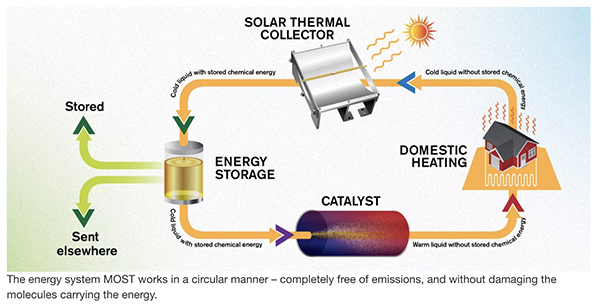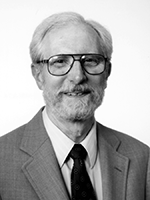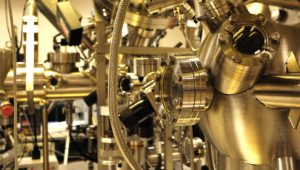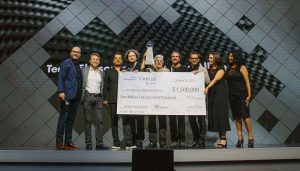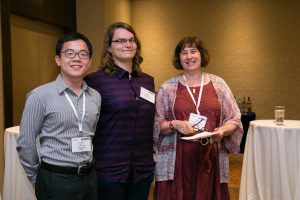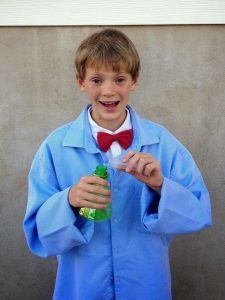Summer 2018 was a good one for Aashutosh Mistry and Haegyeom Kim. Both were awarded ECS Summer Fellowships to further explore their research within a lab and to advance within their fields.
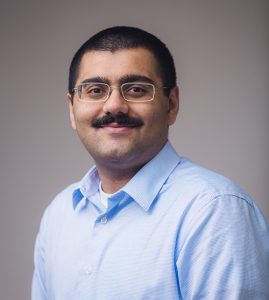
Aashutosh Mistry, recipient of the Edward G. Weston Summer Fellowship.
“The ECS Summer Fellowship program offered me the time and money to explore questions and pursue research I couldn’t explore during my PhD. Without the fellowship, I couldn’t have done this,” says Aashutosh Mistry, a PhD student at Purdue University.
Mistry is one of five recipients of the 2018 ECS Summer Fellowship program designed to assist students during the summer months, June through August, in the pursuit of work in a field of interest to ECS. He is just one example of how the fellowship directly effects and encourages young researchers to explore and expand their studies.
Mistry explains that during his PhD study, he’d often discover problems he thought were worth pursuing. However, because these problems were not considered part of the main objective of the project, and also considering deadlines and time constraints, Mistry did not have the flexibility to explore these questions.
“You often cannot pursue these science questions, which, at end of the day, ties back into the project,” says Mistry, adding, “These things they take time.”
The Edward G. Weston Summer Fellowship offered him the opportunity to dive into these very questions. (more…)
